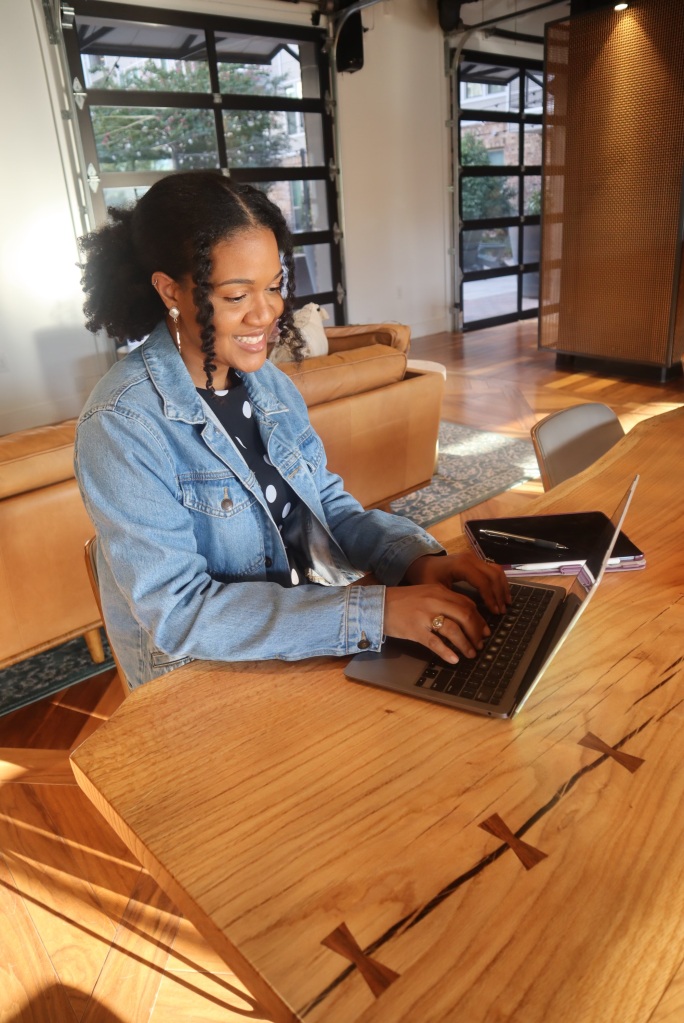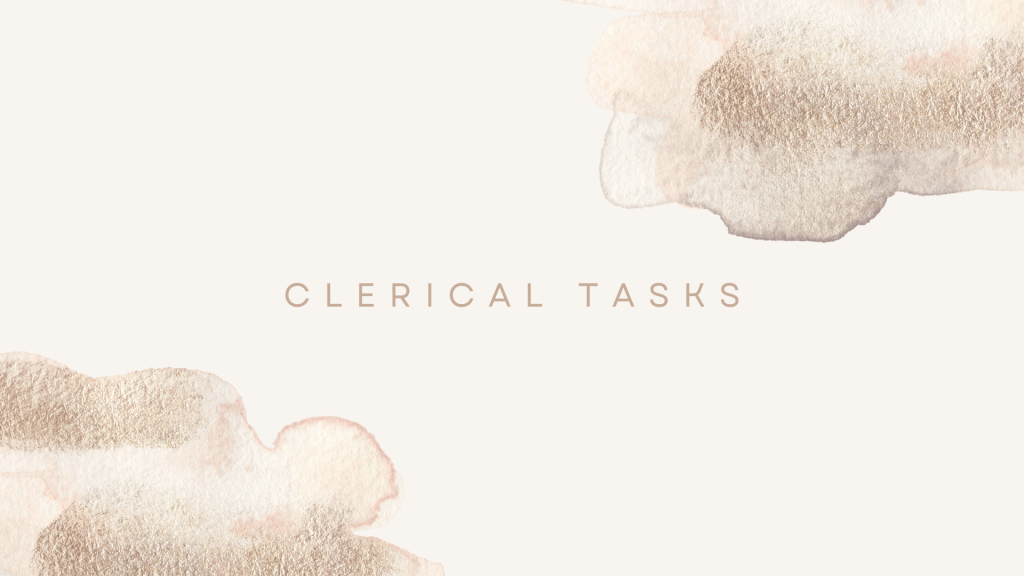When I started teaching, there was an undercurrent of dread that came from something that is overlooked in most teacher training. There was little to no preparation for all of the CLERICAL TASKS teachers are asked to do. I was not prepared to keep up with parent contacts, student contacts, emails, special education documentation and accommodations, student behavior logs etc. etc! There is just so much that you need to keep up with and be intentional about. You need to think about when, where, and how you document everything. I am happy to say that I got the hang of it after a while. I am not perfect, but I have found a system that allows me to complete and keep up with tasks and documentation. I am going to share some ideas that will hopefully help you also,

- Tip 1: BLOCK OUT TIME: ESPECIALLY FOR EMAILS!
We have experienced getting an email notification, and it ruining your entire day! Or you set down to do a task, and then all of a sudden, you have opened 10 emails, and forgot why you sat down in the first place. With the mounting to-do list that we have to deal with, the best thing we can do is block out dedicated time. Research shows that we cannot focus on more than one thing at a time. In actuality, we are just splitting our attention which is detrimental to the quality of all of the tasks we are doing. That is why I set aside a time to check emails, and that is it. Yes, I mean it, that is it. I do not have emails linked to my phone. I know, “what if it’s an emergency?” Well, you can always reach your email on your phone through an internet browser, but the enemy is notifications! You do not want to be distracted by emails all the time. It is actually detrimental to your productivity, not the other way around.
Additionally, while answering emails, I do not try to complete the tasks that are in the emails right away because I would never get through all of the emails if I did that. I keep a notebook, or in my case my digital planner on my ipad, next to me and I write out the tasks given to me in the email, therefore I can prioritize them by level of importance and schedule them to be done from most to least pressing.
Besides emails, I also block out time for grading, parent phone calls, and paperwork. It is just important to have a dedicated time for each
- Tip 2: Have a set system for documentation
This is another skill that was glossed over in teacher orientation, that can make or break your mental state as a teacher. Here is a list of things that you may need to think through a system of documenting.
- Parent contact
- Student Behavior (Both positive and negative)
- Special education paperwork and accommodations
- This usually needs to be secure and in a locked area.
- Meeting notes and tasks
- Interventions and student progress
- Student work and achievements!
- Lesson plans and resources
The way you document these may look different because it is personal to your organization style, but I wanted to share some systems that work with me.
Digital planning saved my life! I use an ipad and the goodnotes app to keep up with most of my documentation because it keeps everything handy and in one place. I am not unorganized, but I am forgetful. While I am walking around the room, I may misplace my clipboard, or I may forget a paper in another room or at home sometimes. By putting everything on my ipad, it made it much easier for me to keep up with paperwork because I know that if I have my ipad, I knew I have everything that I need. It is also password protected, so if I leave it on my desk, I do not have to worry about students being nosey and reading sensitive information about other students.
Digital planning is also helpful because it is SO EASY to color code information and edit your writing. While I am monitoring student progress and giving in the moment feedback, I can easily assign a color for “mastered a task,” “Almost there,” and “Needs attention” instead of walking around with three different pens!
- TIP 3: Do your research and experiment
It took a lot of trial and error for me to find a system that works for me, so I am going to share three resources that helped me find my organization style!
- Leadership Tools for School Principals: Organizational Strategies for Survival and Success by Nelson Coulter
- Yes, I know this says school principals but this has been helpful for me as a teacher. It explains how to manage emails, phone calls, and paper documentation. A warning, that it is a little dated when it comes to technology, but I still found it helpful for organization.
- Atomic Habits by James Clear
- Once you have a system, how do you force yourself to use it? That is where habits come in. This book is helpful for strategies to gain consistency for your routines. I also found it helpful for training students to have good academic habits also.
- GoodNotes App
- This app allows you to put all of your notes in one area. You can upload digital planners. You can also email PDFs directly to the app and write on them like they are paper. It is a life saver for documentation during class.
- Virtual Planner
- You can find these planners on ETSY. This is the link to my personal planner, where I track all of my personal tasks. I also have a specific teacher planner that I made, it is available for free HERE.

Though managing the day to day tasks and documentation may be intimidating, it isn’t impossible. It may be ugly before it gets pretty, but you can do it! Remember, you can also ask for help. I am sure there are teachers and administrators around you who have great systems they can share with you. You are not alone!
Thank you!
Thank you for reading and I wish you all of the best for your new school year. Remember, mind, body, and then classroom. In that order!

Leave a comment